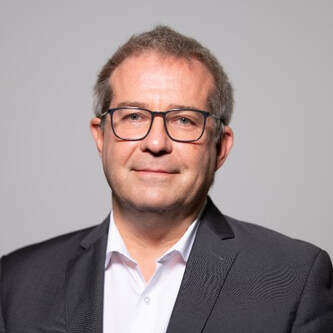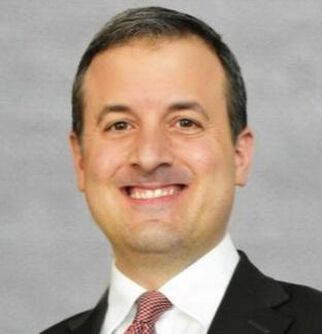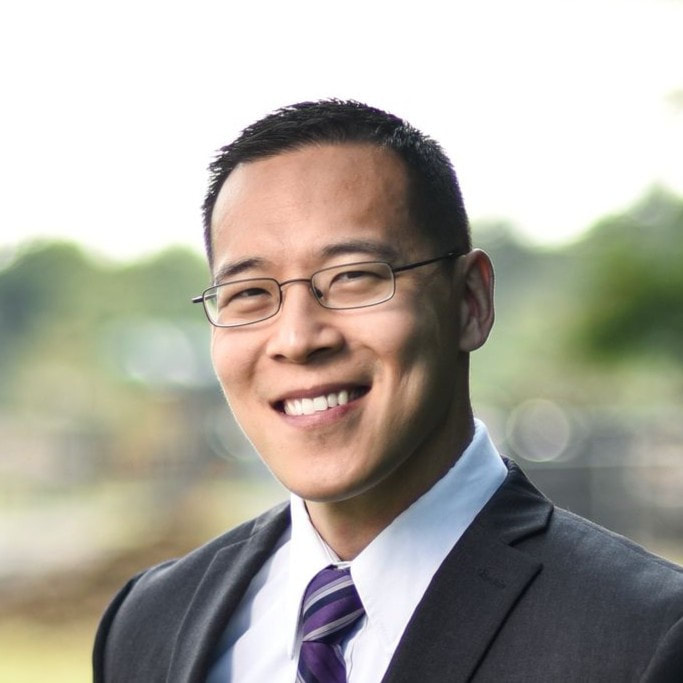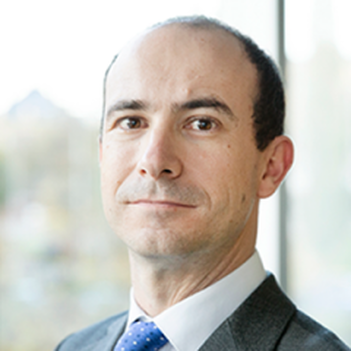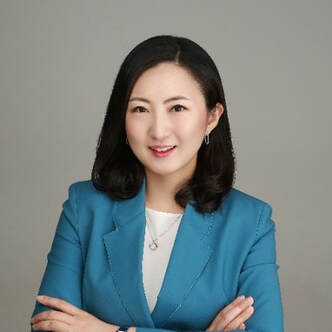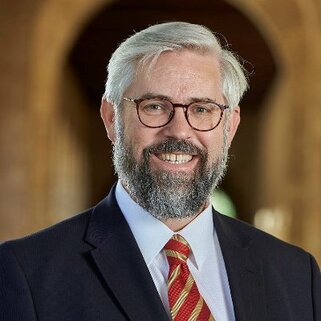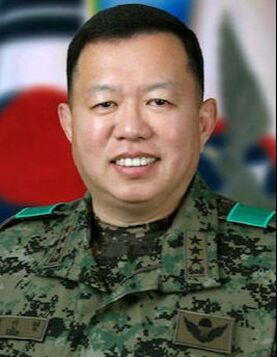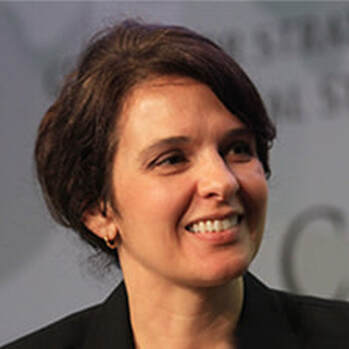LumiGlo Episodes
|
Interviewee: Dr. Stephan Klingebiel
|
Episode 2 -
|
|
Interviewee: Dr. Richard Ponzio
|
Episode 3 -
|
|
Interviewee: Major Wei Chou
|
Episode 4 - Comparing the Culture of the Korean Military and the United States Military and its
|
|
Interviewee: Dr. David Tizzard
|
Episode 5 - Comparing and Analyzing South Korea’s Education Cultures & Systems to Foreign
|
|
Interviewee: Professor Ramon Pacheco Pardo
|
Episode 6 - Discussing South Korea's Current Role in East Asia and the Indo-PacificIn this episode, Dr. Ramon Pacheco Pardo discusses 1) the brief history of South Korea's past position in East Asia and the Indo-Pacific, 2) the Free and Open Indo-Pacific Strategy's role in diplomacy, 3) analyzing South Korea's current role in East Asia and the Indo-Pacific, and 4) recommending futuristic implications that South Korea could make to play its full and efficient role around its turbulent factors.
Dr. Ramon Pacheco Pardo is a Professor of International Relations and Regional Envoy for East and Southeast Asia at King's College London & KF-VUB Korea Chair at the Brussels School of Governance of Free University of Brussels (VUB). He is also a Korean Chair, an Adjunct Fellow (Non-resident) at the CSIS (Center for Strategic and International Studies), a Non-resident Fellow at The Sejong Institute & Committee Member at CSCAP EU. |
|
Interviewee: Professor Eunjung Lim
|
Episode 7 - Commenting on the topic of Analyzing and Improving South Korea-Japan RelationsIn this episode, Professor Lim discusses 1) the history of South Korea-Japan and what made their relationship go south, 2) the continuous diplomatic tensions between S. Korea and Japan, 3) the potential impact on other alliances due to S.Korea and Japan's ongoing tensions, 4) debriefing the conflict around the Dokdo Island and its symbolic meaning, and 5) recommending potential implications for both nations to improve its relationship.
Dr. Lim is an Associate Professor at the Division of International Studies, Kongju National University (KNU). She also serves as Vice President for International Affairs, Dean of Institute of International Language Education, and Dean of Institute of Korean Culture and Education at KNU. Before joining the KNU faculty, Dr. Lim served as an Assistant Professor at College of International Relations, Ritsumeikan University, in Kyoto, Japan. She also taught at several universities in the United States and Korea, including Johns Hopkins University, Yonsei University, and Korea University. She earned a B.A. from the University of Tokyo, an M.I.A. from Columbia University and a Ph.D. from Johns Hopkins University’s School of Advanced International Studies. |
|
Interviewee: Professor Gordon Flake
|
Episode 8 - Comprehending the Foreign Relations between Australia and KoreaIn this episode, Professor Flake discusses 1) the diplomatic history between Australia and South Korea, 2) South Korea and Australia's robust trade relationships, 3) Australia and South Korea's military relationship and its impact on North Korea, 4) futuristic implications for South Korea and Australia urging for the even stronger diplomatic relationship.
Professor Gordon Flake is the founding Chief Executive Officer of the Perth USAsia Centre at The University of Western Australia. Professor Flake is one of the world’s leading authorities on strategic developments in the Indo-Pacific. Having spent twenty-five years in the US foreign policy community focused on the Korean Peninsula and Northeast Asia and now seven years in Australia’s Indian Ocean capital he is an expert on key strategic relationships in the broader Indo-Pacific. He has authored many scholarly and policy studies on security developments in the region, and their policy implications for the US and its regional partners. Professor Flake is a sought-after media commentator, particularly on issues to do with US politics and foreign policy and strategic developments in the Indo-Pacific. His work has appeared in many leading international outlets, including the Washington Post, Wall Street Journal, New York Times, as well as across the Australian media landscape. Prior to joining the Centre, he was the Executive Director of the Maureen and Mike Mansfield Foundation, an Associate Director of the Program on Conflict Resolution at The Atlantic Council of the United States, and Director for Research and Academic Affairs at the Korea Economic Institute of America. |
|
Interviewee: General Chun In-Bum
|
Episode 9 - Understanding the Tangled Relationship between the United States and the Korean
|
|
Interviewee: Emilia Columbo
|
Episode 10 - Defining the Diplomatic Relationship between Africa and South KoreaIn this episode, Ms. Columbo discusses 1) the diplomatic history between South Korea and Africa, 2) Former President Moon's fresh perspective on Africa, 3) the benefit that the United States and South Korea take away under this alliance, and 4) the futuristic implication on how to approach diplomacy with Africa for President Yoon's administration.
Emilia Columbo is a senior associate (non-resident) to the CSIS Africa Program and a senior security risk analyst at VoxCroft Analytics. Prior to this position, she served as a senior analyst at the Central Intelligence Agency, covering African and Latin American political-security issues. Ms. Columbo speaks professional-level Spanish and Portuguese. She has a Master's of Science in Foreign Service degree from Georgetown University and a bachelor's degree in political science from the University of California, Santa Barbara. |
|
Interviewee: Dr. Nicola Casarini
|
Episode 11 - The Korean Peninsula and the European Union’s Diplomatic Relations and Futuristic Implications for the Greater FutureIn this episode, Dr. Casarini discusses 1) the European Union's diplomatic position on the Korean Peninsula, 2) the history of the European Union and Korea's relationship, 3) the uniqueness of the European Union Politics, and 4) Dr. Casarini's project that is relevant to international politics of two parties along with futuristic implications.
Nicola Casarini is Associate Fellow at the Istituto Affari Internazionali in Rome and Global Fellow at the Wilson Center in Washington, DC. He has held positions at the Graduate Institute in Geneva, the EU Institute for Security Studies in Paris, Bocconi University in Milan, Seoul National University, the European University Institute in Florence, and the London School of Economics and Political Science. |

